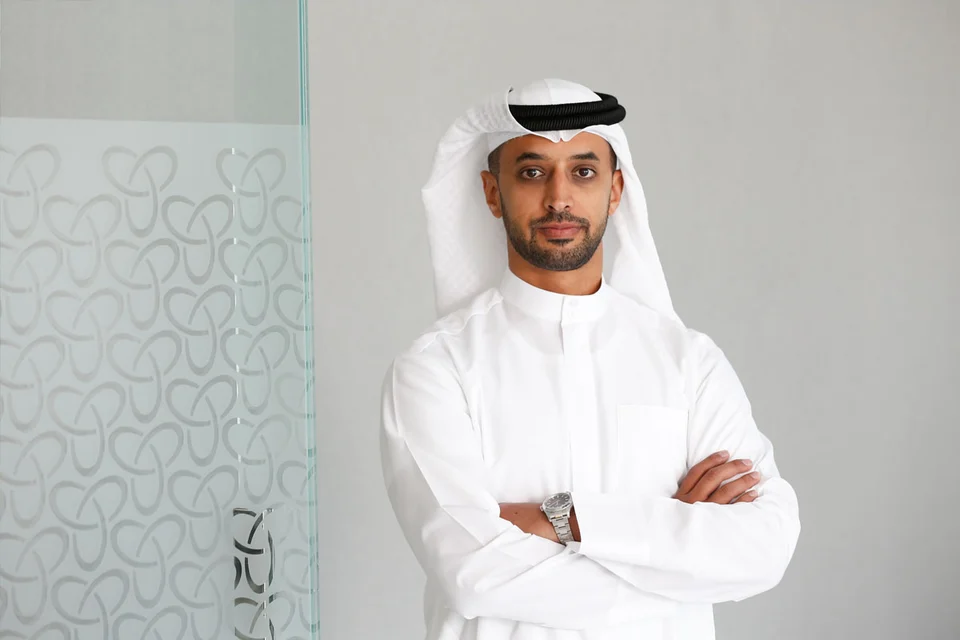
The 55th Annual Meeting of the World Economic Forum officially opened on Monday, with the theme "Cooperation in a Fractured World," setting the tone for discussions this week. Klaus Schwab, the forum's founder and chairman of the board, addressed global leaders, emphasizing the importance of this theme. He pointed out that the transition from the industrial age to the intelligent age is happening at an exponential rate, bringing unprecedented risks to humanity, and we need to strive to adapt to its complexities.
Schwab also stressed that this transition provides significant opportunities to move beyond current challenges and initiate a new renaissance, marked by advancements in knowledge, health, culture, and social welfare. He called upon the global community to approach this critical moment with "constructive optimism" and urged stakeholders from governments, businesses, civil society, and academia to unite in developing solutions to shared challenges.
Børge Brende, President and CEO of the World Economic Forum, noted that the world is at a critical turning point, with 2025 being a year of great significance. He emphasized that the long-standing international order that has existed for the past three decades has faded, and we need to find more effective ways to cooperate, which is the only way forward. Swiss Confederation President Karin Keller-Sutter stated that in turbulent times, democratic and liberal values are important markers of stability and progress, with open markets, fair and transparent rules, and fiscal discipline being the foundation for sustained prosperity.
European Commission President Ursula von der Leyen outlined Europe's strategy to adapt to a new era of "fierce geostrategic competition," including enhancing competitiveness, building global partnerships, and adhering to sustainable development. She stated that to maintain growth over the next 25 years, Europe must accelerate its pace, seize new opportunities, and be prepared to embrace change. German Chancellor Olaf Scholz called for a renewed commitment to security and prosperity amidst global challenges, emphasizing that partnerships are the engine for economic success.
Ukrainian President Volodymyr Zelenskyy urged Europe to strengthen its position as a global leader, highlighting the importance of unity and strategic investment. He argued that Europe must prioritize alliances, technological advancement, and coordinated security and defense policies. Chinese Vice Premier Ding Xuexiang cautioned against the increasing fragmentation of the global economic system and the rise of protectionism, advocating for a globalization process that benefits all. He also reaffirmed China's commitment to a multilateral order centered around the United Nations and called for greater cooperation in technological innovation to ensure equitable development for all nations.
Ding Xuexiang also addressed global challenges such as climate change and economic disparities, urging countries to pursue green transitions and promote sustainable development through inclusive dialogue and partnerships. He highlighted China's economic resilience, progress in green energy, and ongoing reforms, stating that China's growth contributes to global stability and prosperity. "China's door to the outside world will not close, it will only open wider, and our business environment will only get better and better," Ding further affirmed.
Vietnamese Prime Minister Pham Minh Chinh reaffirmed Vietnam's commitment to leveraging artificial intelligence. He stated that Vietnam aims to prioritize the establishment of research and development centers, particularly in high-tech fields, which will not only drive technological innovation but also position Vietnam as a hub for high-tech manufacturing and development in the region. South African President Cyril Ramaphosa outlined Africa's vision for the G20 summit to be held in Johannesburg in November 2025, marking the first time the summit will be held in Africa. He said that South Africa will prioritize unity, equality, and sustainable development as the three main themes of its G20 presidency.
The World Economic Forum Annual Meeting 2025 is being held in Davos-Klosters from January 20 to 24, under the theme "Cooperation in a Fractured World". The meeting aims to foster new partnerships and insights to shape a more sustainable and inclusive future in an era of rapid technological advancement, with a focus on five key areas: reshaping growth, industries for the intelligent age, investing in people, protecting the planet, and rebuilding trust.



















